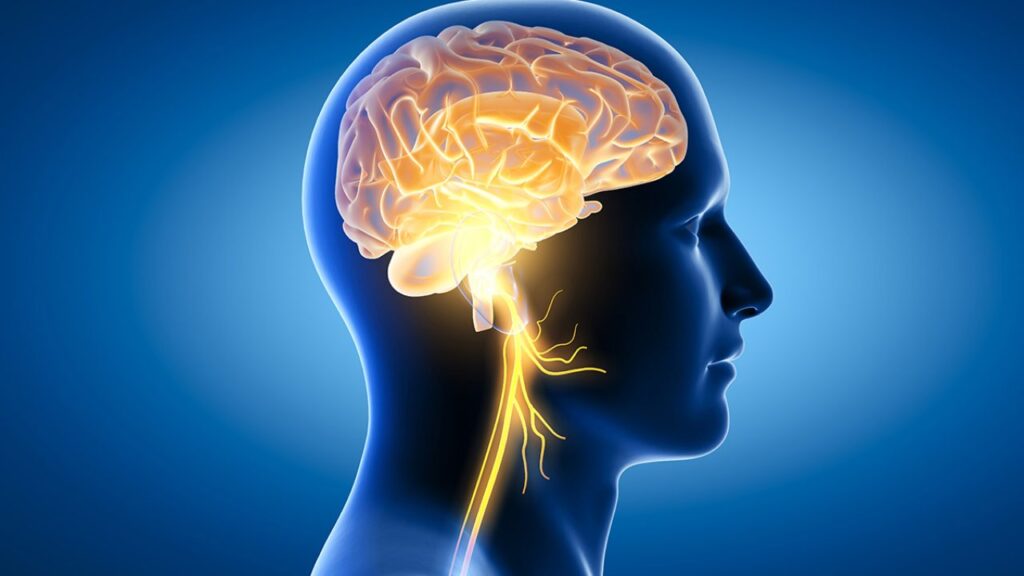Everyone gets forgetful once in a while, especially as we get older and with all of life’s stresses, tiredness, certain medication, distractions and illnesses.
Apart from being annoying, that is generally nothing concerning but with the upsurge in the incidence and diagnosis of dementia, it is important to know the difference between normal age-related forgetfulness and the beginnings of cognitive problems i.e. memory loss
The main difference is impact. If “forgetfulness” starts to impact on day-to-day living, then it is significant memory loss and medical attention needs to be sought from a specialist/ geriatrician as soon as possible.
PREVENTING MEMORY LOSS
The good news is, through years of research, scientists and medics have been able to identify several risk factors for developing dementia and several steps for preventing memory loss.
It has been said that what is good for the heart is also good for the brain and everyone knows what to do to promote a healthy heart, such things as stopping smoking, a diet rich in leafy vegetables and oily fish, exercise, controlling blood pressure/ blood sugar/ cholesterol etc.
I will outline a few other measures below that have been proven to be effective in preventing memory loss. Paying attention to these now will reduce your risk of developing Dementia in later life by at least 30 to 50%.
1. CONTROL YOUR BLOOD PRESSURE.
Research has shown that people aged 50 with a systolic BP consistently above 130mmHg have a 45 per cent greater risk of developing dementia in later life.
This is particularly concerning in our geographical location because black Africans have an increased incidence of high renin hypertension
So, what do you do with this information?
– Get regular health checks from age 40 and definitely from 50.
– Monitor your BP regularly with a good electronic sphygmomanometer
– If you have consistently high blood pressure readings, book a consultation with a reputable Consultant Physician or Gerontologist.
– You might need to take medication to control your blood pressure
– You will need to modify your diet to a low-salt one
– You will need to schedule in regular exercise
2. EXERCISE YOUR BRAIN
Stay mentally alert by learning new skills, reading, or solving crossword puzzles. All these are called brain-stimulating activities.
When you learn a new skill, like learning a foreign language or learning to play a musical instrument or new dance steps, the neurons in your brain get stimulated and electrical impulses travel faster across them. This helps to keep the brain cells sharpened and reduces their risk of decline.
Those who already have memory problems also benefit from brain-stimulating activities which is important in preventing rapid further decline to the point where dementia becomes very difficult to manage.
Remember! Where the brain is concerned (like many other things), if you don’t use it, you will lose it!
3. AVOID LONELINESS AND DEPRESSION
Research has shown convincingly that untreated depression in mid-life, i.e. after the age of 40, increases the risk of developing dementia in later life.
Loneliness and social isolation are also believed to be linked with a higher risk of developing dementia.
There is a 20% increased risk of developing dementia in later life in people aged between 40 & 55 who have untreated depression.
Unfortunately, depression and other mental health illnesses is on the increase! So is loneliness and social isolation. The Covid pandemic made it worse.
If you are feeling depressed, the first thing I want you to know is, you are not alone, so SEEK PROFESSIONAL HELP!
It is untreated depression that increases the risk of developing dementia, so seek specialist treatment!
Stay as socially active as you can. Stay in touch with people and try to get outdoors.
Older adults should be encouraged to go out to functions, go to church/ mosque/ social events, sign up for ‘Seniors day activities units.’ All these help with preventing and coping with memory loss.
4. TREAT HEARING LOSS
Sounds like a strange one but hearing loss is strongly linked with the risk of developing dementia so, No, it’s not one of those things to be brushed aside!
5. EXERCISE
Okay, I had to go there! There really is no getting away from it.
If you want to preserve your brain function as you grow older, then exercise is KEY.
Just one hour’s exercise per week can reduce the risk of developing Alzheimer’s disease by almost 50%.
So, to motivate you to get up, walk for one hour a week… THINK BRAIN!!
This is by no means an exhaustive list and there is a lot more to be covered in future articles.
For help with managing someone with Dementia, contact doctors@jbsmedicare.com.










More Stories
Mr P of P-Square testifies against brother in alleged $1m, £34,537 fraud
Police arrest woman for biting off lover’s manhood in Rivers over sex dispute
Sean Diddy’s legal team releases text messages showing Cassie Ventura willing participant in Diddy’s ‘freak-off’ parties